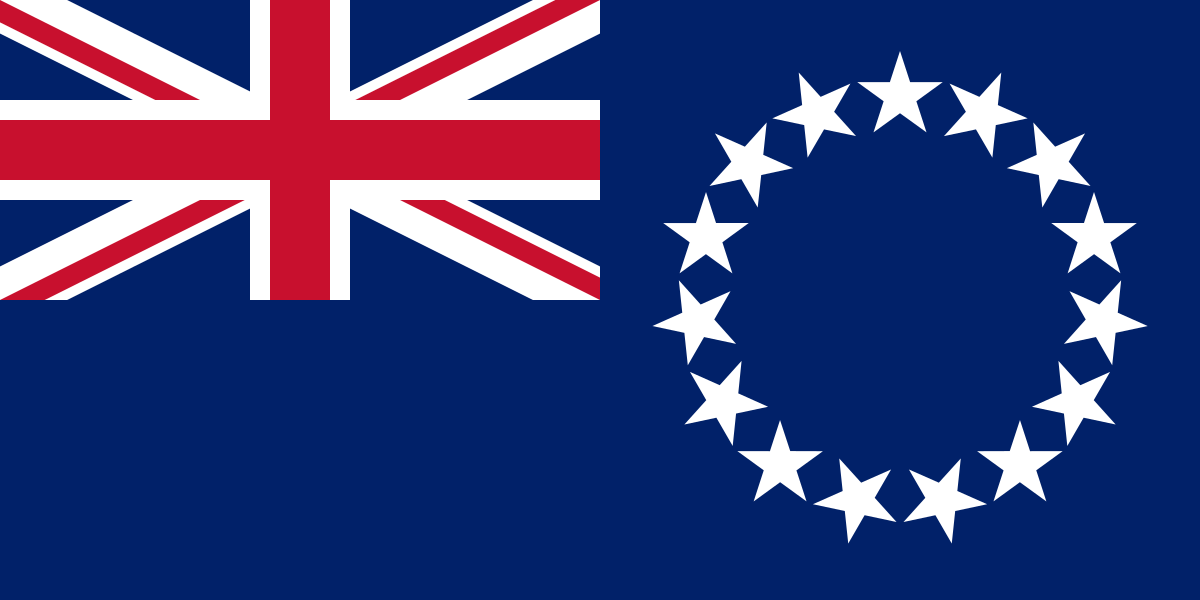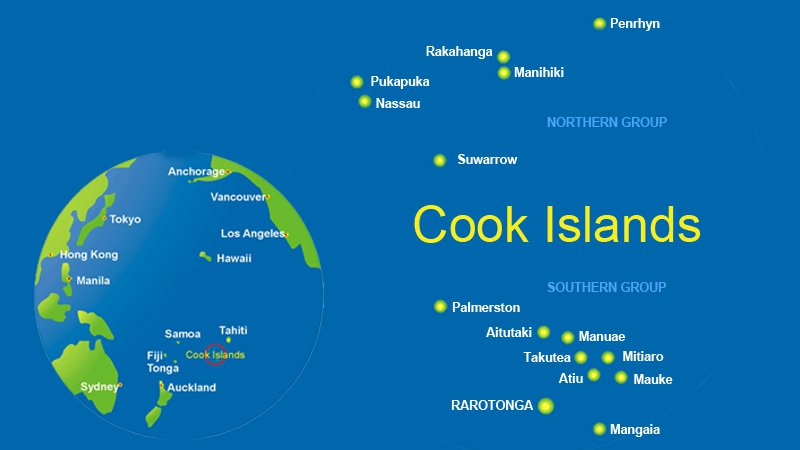
The Cook Islands Limited Liability Company (LLC) regulations introduced an asset protection component as strong as they come. The Cook Islands provide some of the strongest legal statutes available for privacy and protection from financial predators or frivolous legal action. The domicile has just introduced the next level in their legal structure portfolio, the Cook Islands LLC.
Asset Protection Benefits
Numerous features were put into the Cook Islands LLC laws that cannot be found anywhere else in the world.
- Any member of a Cook Islands LLC with a charging order can still act and exercise their rights as a member, there isn’t a lien on a member’s interest
- A creditor with a charging order cannot interfere or participate with the operations of the company nor can they seize, transfer or liquidate any company assets or force the dissolution of the company
- Foreign judgments on interest to satisfy a claim are not recognized
- International Businesses can opt out of any asset protection statutes
- Absolute confidentiality provided

Cook Islands LLC Legal Report
LLC legislation has recently been promulgated in the Cook Islands. The Cook Islands International Limited Liability Companies Act 2008 (“the Act”) follows the model adopted in a number of U.S. States. It goes further, however, to give statutory certainty on several key issues of concern to US attorneys using domestic US LLC statutes. The Act also introduces several unique asset protection features, consistent with the importance of this industry in the Cook Islands
The Act provides a broad foundation to structure an LLC according to its own rules, rather than have them dictated by statute. The operating agreement may contain any provisions for the conduct of its business as long as they are lawful. Certain provisions (designed to protect the interests of its members) are mandatory.
Like most LLC jurisdictions, a creditor of a member is permitted to apply for a charging order against a membership interest. The Act goes a step further however, setting out the availability of other remedies, the nature and extent of that charging order, and the rights of the creditor against that membership interest. Compared to Nevis, Cook Islands has similar legal and asset protection benefits.

Statutes
S 45 of the Act is the starting point. A creditor is defined as any person whose judgment is recognized by the High Court of the Cook Islands, and includes any person who claims to have a general assignment of a member’s property whether arising from an intestacy, bankruptcy or otherwise.
S 45 (6) is specific that the sole remedy for a creditor against a membership interest in a LLC, is the right to apply for a charging order.
The charging order remedy given by this section shall be the sole and exclusive remedy available to a Creditor in respect of a members membership rights.
Similar provisions in other jurisdictions have been interpreted by courts (in the absence of sufficient definition of the exact nature of a charging order), to include rights similar to those of a mortgagee in possession, of an assignee, and of a lienholder. These have created uncertainty as to the extent of protection offered by an LLC. Any uncertainty in the Cook Islands has been removed by clear provisions including subclauses (7) & (8) of section 45 providing as follows:
- For the avoidance of doubt and without limiting the generality of subsection (6):
-
- a charging order shall not be construed to constitute a lien on a member’s interest in a limited liability company;
- the Creditor in whose favor a charging order is issued pursuant to this section shall not thereby become an assignee of any membership interest or any part thereof, nor shall that Creditor hold or be entitled to exercise any membership rights in relation to that interest;
- any member holding any membership interest subject to a charging order shall continue to exercise all his membership rights, and obligations in relation to those rights, in all respects as if the charging order had not been issued;
- subsection (6) shall apply whether the limited liability company has a single member or multiple members.For the avoidance of doubt and without limiting the generality of subsection (6) and subsection (7), a person in whose favor a charging order has been issued shall have no right to:
- interfere in the manager’s management of the limited liability company including any sale of its assets;
- liquidate or seize the assets of the limited liability company;
- restrict the business of the limited liability company; or
- dissolve, or cause the dissolution of, the limited liability company
Exemplary, pecuniary and aggravated damages are not recognized in the Cook Islands, and accordingly are not able to be recovered under a charging order.

S 45 (5)
For the purposes of assessing the sum which may be subject to, and recoverable pursuant to, a charging order the Court shall disregard and exclude any amount which constitutes an award of exemplary, vindictive, retributory or punitive damages (by whatever name), or is an amount of damages arrived at by doubling, trebling or otherwise multiplying a sum assessed as compensation for loss or damage.””
What the charging order does provide for, is for the creditor to receive distributions of capital or income which would, but for the charging order, have been received in the hands of the member. If the limited liability makes a call on members for capital in accordance with its rules, the company may use a distribution due to the member to meet that capital contribution notwithstanding the charging order. This is consistent with the charging order being seated at the member side of the equation rather than the company. The distribution never reaches the member so the creditor has no claim upon it.
An interim charging order may be applied for ex parte, but will only have a life of a maximum of 30 days. The applicant will need to ensure the defendant is served with the proceedings and must deal with the application expeditiously if a full charging order is to issue. Otherwise, a charging order, once granted, is good for five years.

Separate Legal Person
Importance is given to the member and the LLC being separate legal persons in relation to interlocutory applications. An action against a member is not sufficient to support discovery orders or injunctions being issued against the LLC in which the member holds a membership interest.
Foreign judgments given in relation to the availability of a membership interest to satisfy a creditor, (unless consistent with Cook Islands law), cannot be recognized or enforced in a Cook Is court.
LLCs are not required to have their members benefit from this regime and these provisions apply subject to the operating agreement. This allows the formation of LLCs whose members are happy to put their interests at risk or to mortgage their interests. However, what they cannot do is to change their minds later. This is the one provision in an operating agreement which cannot be altered. This requirement is aimed to avoid any involuntary amendments to the terms of the operating agreement affecting the applicability of that section.

Transfer to Another Domicile
LLCs may transfer their domicile from the Cook Islands to another jurisdiction and LLCs from other jurisdictions may seek registration in the Cook Islands under the legislation. However, LLCs wanting to escape existing corporate debts would do well to avoid the jurisdiction. The Act specifically provides that with redomiciliation the LLC takes its prior debts with it and any action against the company, whether already filed or not, prior to redomiciliation, may be continued and any judgment entered shall be enforceable against that LLC in the Cook Islands.
The usual confidentiality provisions apply. Proceedings are heard in camera and information may be divulged in only limited circumstances.
Conclusion
The new legislation provides a comprehensive but not cumbersome framework for the operation of LLCs. It is believed LLCs will provide a useful addition to attorneys and financial advisers in conjunction with the establishment of trusts in the Cook Islands.



